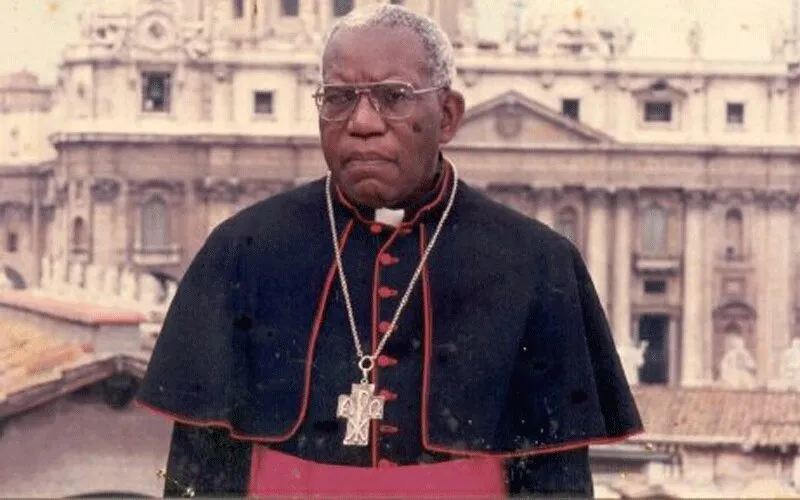After the “summarium testium” step is accomplished, “it will be a question of composing another part called “informatio,” the Jesuit Cleric said and explained that this is the theological part of the “positio,” a comprehensive biography of the Servant of God.
The “informatio” also includes the history of the cause as well as a chronological biography of the Servant of God and “must be written by a theologian,” he added during the October 29 event that took place in Bukavu Archdiocese, Eastern DRC.
A renowned vocal defender of human rights, 70-year-old Archbishop Munzihirwa was shot dead on the afternoon of October 29, 1996 within the Archdiocese of Bukavu, a day after he had appealed for peace and international help amid the Rwandan military invasion of DRC, then known as Zaire.
The Archbishop had fearlessly condemned the First Congo War, an international military conflict that happened in DRC between 1996 and 1997 culminating in the ousting of incumbent Congolese President, Mobutu Sese Seko who was succeeded by rebel leader Laurent-Désiré Kabila.
The war, which was nicknamed Africa’s First World War due to the number of African countries involved escalated when Rwandan troops invaded the Eastern part of the country on October 28, 1996 in pursuit of rebel groups that had sought refuge there after the 1994 genocide.
The Rwandan government accused President Sese seko of supporting the rebels in their quest to attack the Central African nation, which was recovering from the genocide.
On October 28, the first day of the Rwandan invasion, Archbishop Christophe Munzihirwa pleaded for international intervention saying, “We hope that God will not abandon us and that from some part of the world will rise for us a small flare of hope.”
On the same day, the Congolese Archbishop who referred to himself as "sentinel of the people," is said to have evacuated Trappist nuns from Bukavu region. The nuns had expressed fears over their lives amid the raging conflict and threats.
Archbishop Munzihirwa who had been shepherding the people of God in Bukavu for 17 months met his death on the afternoon of 29 October 1996 while Rwandan soldiers attacked his two-car motorcade as he made his way to a Jesuit school in his jurisdiction.
With the occupants of his escort car dead as well as his driver and bodyguard who were travelling with him, the Archbishop is reported to have exited his damaged car clutching a Crucifix. He had been referred to as Oscar “Romero of Congo”.








